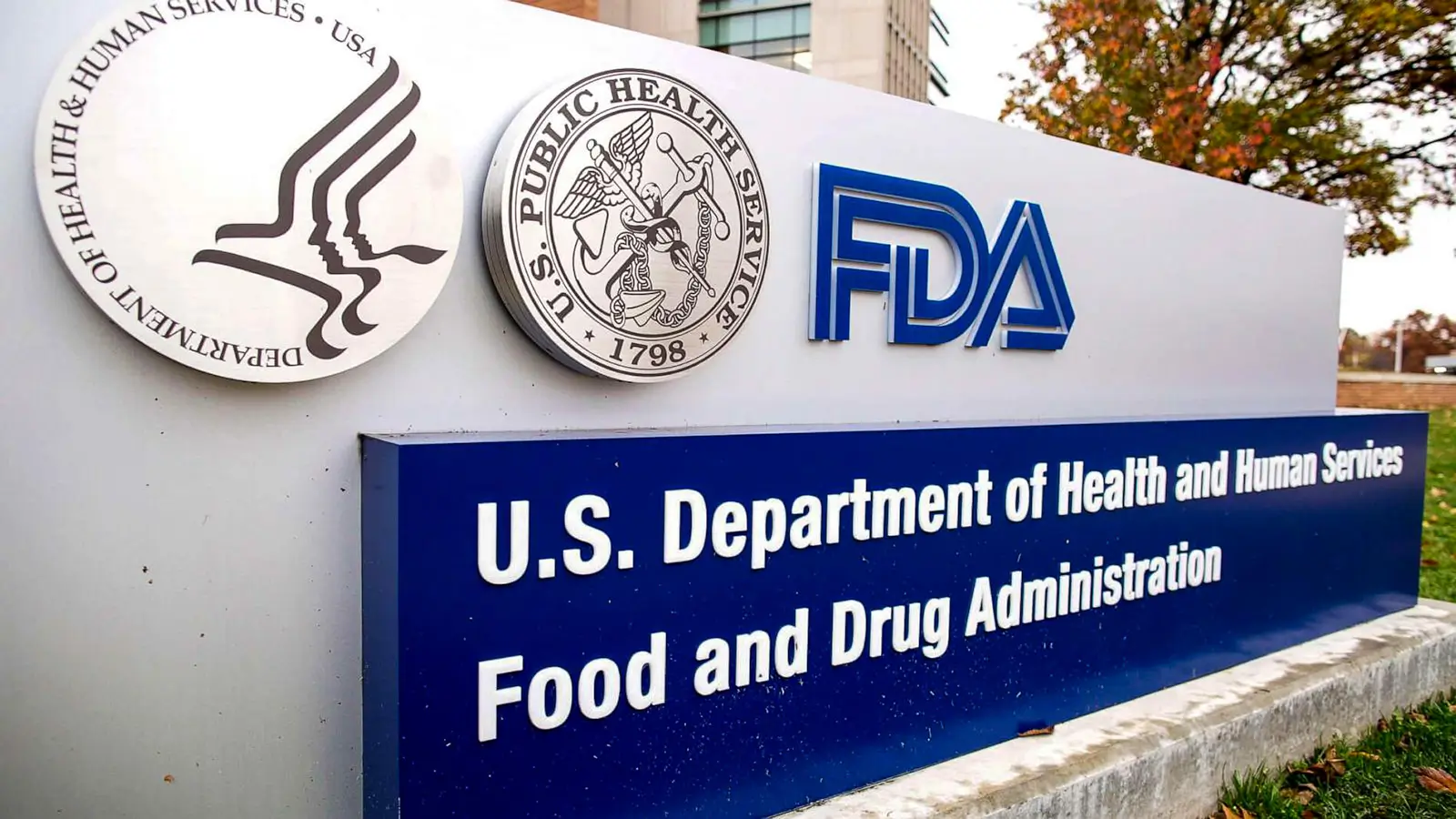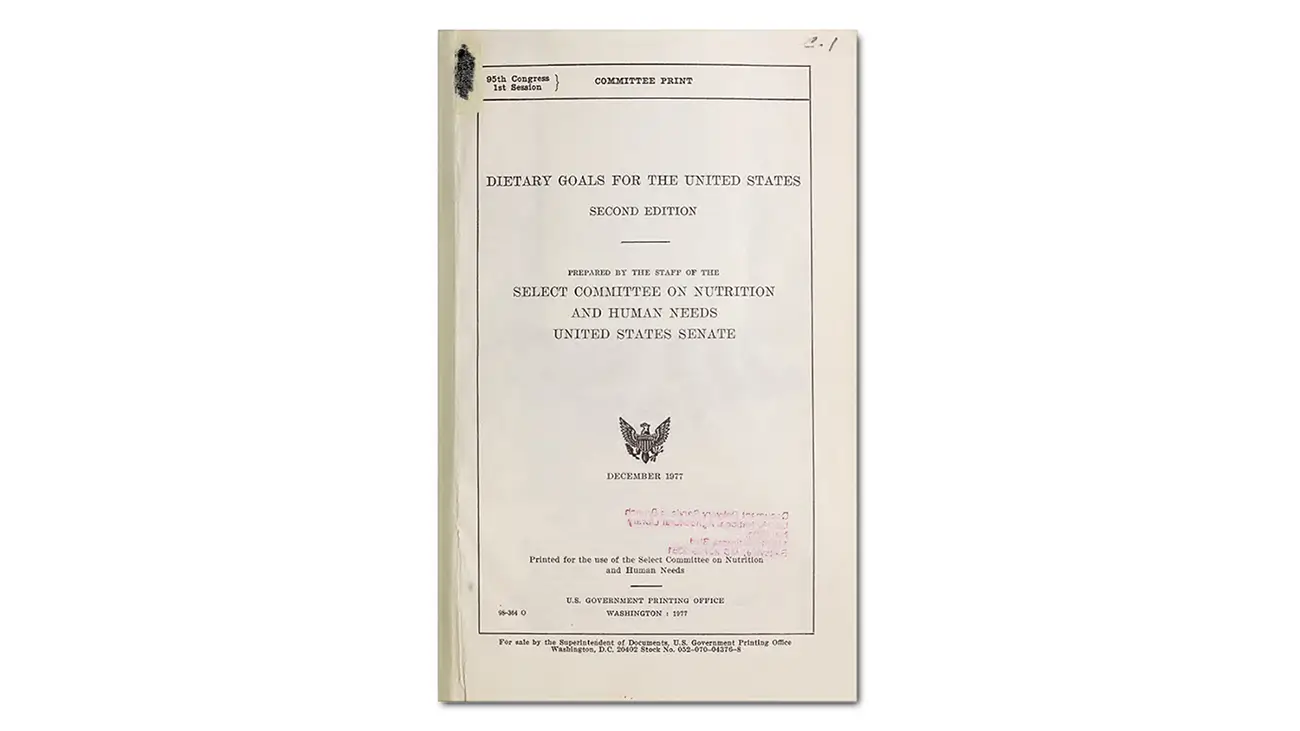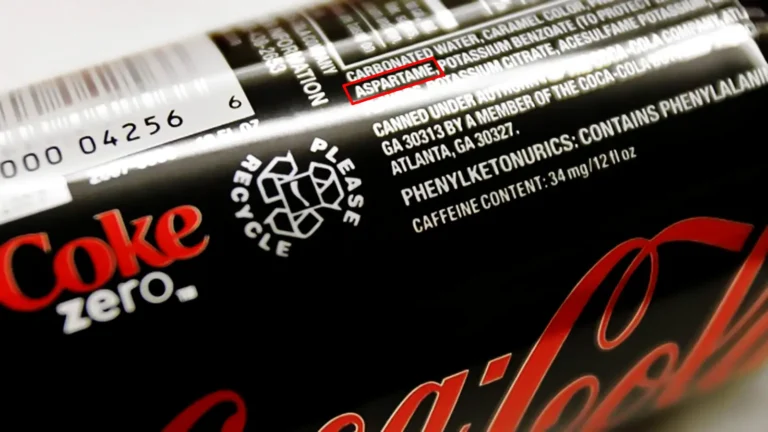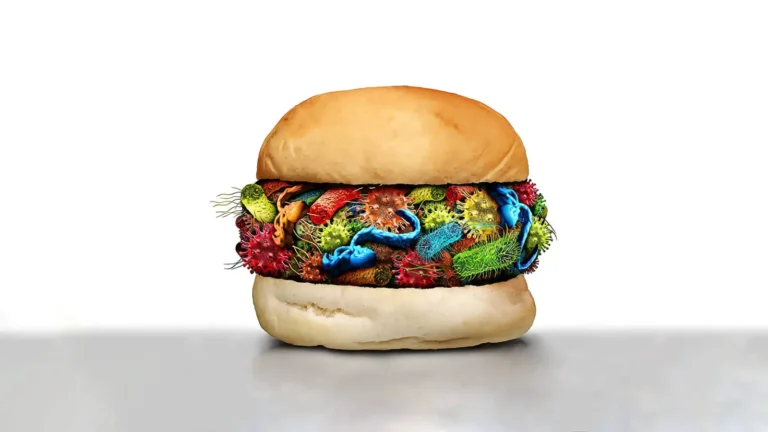The tale of Big Pharma- Fritz ter Meer, UN, and Codex Alimentarius
The worst-case scenario for Codex Alimentarius, if it were to be implemented, is complete suppression of vitamin, mineral, and other supplements.
Milos Pokimica
Written By: Milos Pokimica
Medically Reviewed by: Dr. Xiùying Wáng, M.D.
Updated June 9, 2023Fritz ter Meer, born in 1884, was a board member of IG Farben from 1925. Fritz ter Meer was the son of Edmund ter Meer (1852–1931), who established the chemical company Teerfarbenfabrik Dr. E. ter Meer & Cie in Uerdingen. This company was included in 1925 as a part of IG Farben. He was personally included in the preparation of the Monowitz concentration camp.
It was a new Auschwitz camp constructed for I.G. Farben. He was also responsible for helping build the IG Farben Buna Werke factory at Auschwitz, which conducted human experiments both for the war effort and for developing new drugs for IG Farben and held some 25,000 slave laborers under deplorable conditions. Meer was tried at the Nuremberg IG Farben Trial and was sentenced to seven years’ imprisonment. Which is nothing for the war crimes he was accused of and was involved in. When he was questioned whether he had thought the tests on live people in Auschwitz are justified, he answered that this was irrelevant:
“They were prisoners thus no particular harm was inflicted, as they would have been killed anyway.”
Well, no lies there but also a high level of psychopathy. Fritz ter Meer and twenty-six other I. G. Farben implies stayed strongly engaged in what the Germans called “the killing of useless eaters” or people who are alive but not deserving to live. They produced the compounds like the gas, Zyklon B, used to kill prisoners. However, you already by now know this. What you do not know is that during a time in prison, Fritz ter Meer theorized that using food as a weapon was the key to achieving world domination. He concluded that: “He who controls food, can control the world.” He was right completely. By the guidance of Nelson Rockefeller, Fritz ter Meer’s, and all other sentenced IG Farben managers were “rescued” from jail already in 1952. Not only that, they had reassumed positions in the highest levels of German industry. After his release war, criminal Fritz ter Meer was appointed jet again as a board member of Bayer in 1955 and, in 1956 was appointed a chairman of Bayer Pharmaceuticals. Like nothing had happened. He died in 1967 and what Bayer did? Bayer named the student foundation after him. He had a plan forged in prison. He assembled all of the executives of former I. G. Farben, recommending a greater plan. They agreed and wrote a letter to urge the United Nations to take over the regulation of world food. Fifteen years after the Nuremberg War Crimes Tribunal they were planning world food domination as an act of population control. This actually happened.
The UN response was “what a good idea.”
As a response to a letter and political pressure in 1962, the Codex Alimentarius Commission was formed. In 1963, already they started to create the standards and guidelines that we are going to be obligatory in the future. They began to regulate everything that goes into your mouth: water, food, minerals or vitamins, or something else. If it goes into your mouth, then there is a standard for it. However, in reality, they have different agenda that is different from the public one of protecting the consumers. Codex Alimentarius, for example, allows pesticides, GMOs (genetically modified organisms), irradiation of food, and restricts supplements. For example, in July of 2007, the Codex Alimentarius Committee on pesticides brought back seven of the nine banned and deadliest known pesticides in the world. The U.S. is as I write this constructing 200 radiation plants to irradiate every bite of food so that the U.S. can be in line with Codex Alimentarius guidelines. Here is one more example. FDA analysis and other studies have always shown that consumers do not like to buy genetically modified or irradiated food. The FDA to correct this false, unscientific opinion of stupid consumers wants to prevent the consumers from making the wrong choice. FDA believes that truthful labeling would be false and misleading.
Truth is false. That is Orwellian doublespeak. FDA believes that they know how to take care of you instead of you. Your life is in the hand of certified professionals. It is not your choice.
In another word, Codex Alimentarius forbids the labeling of GMOs.
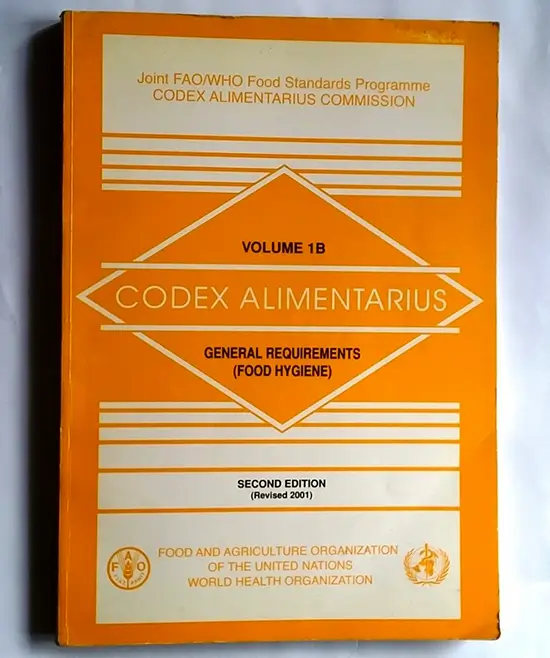
You might don’t know this but when you buy meat or any other product if it is GMO or irradiated you would not know that because there is no labeling. If you know how in reality things are done and you know all the connections between the Rockefellers and the UN, as well as the common belief system of eugenics and population reduction, then you can understand the policies of eugenics that had been written in the architecture of Codex Alimentarius. The plans of a one-world global society built upon eugenics were not born with Adolph Hitler, and they certainly did not die with him. Codex Alimentarius, after all, is an organization created under the FAO and WHO, which are both under the jurisdiction of the UN.
The connections between the pharmaceutical industry, medical establishments, and their agenda pushed under the umbrella of the UN for the destruction of the natural healthcare industry, and natural supplement access is the finishing blow in a war on plants that last for more than 100 years by now.
The worst-case scenario for Codex Alimentarius, if it were to be implemented, is complete suppression of vitamin, mineral, and other supplements. How are they going to do it? They are going to decide what is standard and what can be produced. So if they decide that RDA for some vitamins is in the range, they like any supplement that has higher potency will be dangerous for health and will be forbidden for manufacturing and sale as a dangerous product. All of the high-potency dietary supplements that we can buy today will be no longer on the market. What you would see are low-potency supplements that don’t do anything. Codex Alimentarius is going along with the industry by pushing GMOs, poisoning us with Melamine, and poisoning us with Ractopamine led alone fluoride but have a big concern with overdosing on vitamins.
The move by Codex Alimentarius to put maximum permissible limits on vitamins is what? What is it? Evil agenda or consumer protection? I am paranoid, so I know my answer.
The levels they want are so small that they are below the line for the prevention of chronic deficiency diseases. For example, I take around 5000 IU of vitamin D daily. The maximum level permitted by Codex Alimentarius is 10 IU. Ten. One more thing.
If I believe that there are studies that had showed that the amount of 5000 IU vitamin D daily is most beneficial I am not allowed to read them or have access to them because an official medical line is different and they are concerned that consumers will hurt themselves. So anything that is different from the medical line of accepted medicine is forbidden to be spread as a health danger and hazard.
Free speech is an American fantasy, soon to be over. The Codex Alimentarius forbids this article as well.
You as a consumer would never know what is going on and eventually you as an uninformed individual will accept that yes 10 IU of vitamin D3 is a good thing. Anything above is illegal. I do not know about the general public and general complacency with all of this but when I read Codex Alimentarius or other UN agendas like Agenda 21 all I see as a paranoid individual is the stuff of horrors. And this is just part of the prolonged war that had been going on for a long time now. And it is not just plants that are a problem because they cannot be patented. It is more than that. Every real cure that destroys the disease in its roots to never return is not something the industry wants even if it can be patented. They do not want cures they just want treatments that can prolong life a little.
References:
Passages selected from a book: Pokimica, Milos. Go Vegan? Review of Science Part 2. Kindle ed., Amazon, 2018.
Related Posts
Do you have any questions about nutrition and health?
I would love to hear from you and answer them in my next post. I appreciate your input and opinion and I look forward to hearing from you soon. I also invite you to follow us on Facebook, Instagram, and Pinterest for more diet, nutrition, and health content. You can leave a comment there and connect with other health enthusiasts, share your tips and experiences, and get support and encouragement from our team and community.
I hope that this post was informative and enjoyable for you and that you are prepared to apply the insights you learned. If you found this post helpful, please share it with your friends and family who might also benefit from it. You never know who might need some guidance and support on their health journey.
– You Might Also Like –

Learn About Nutrition
Milos Pokimica is a doctor of natural medicine, clinical nutritionist, medical health and nutrition writer, and nutritional science advisor. Author of the book series Go Vegan? Review of Science, he also operates the natural health website GoVeganWay.com
Medical Disclaimer
GoVeganWay.com brings you reviews of the latest nutrition and health-related research. The information provided represents the personal opinion of the author and is not intended nor implied to be a substitute for professional medical advice, diagnosis, or treatment. The information provided is for informational purposes only and is not intended to serve as a substitute for the consultation, diagnosis, and/or medical treatment of a qualified physician or healthcare provider.NEVER DISREGARD PROFESSIONAL MEDICAL ADVICE OR DELAY SEEKING MEDICAL TREATMENT BECAUSE OF SOMETHING YOU HAVE READ ON OR ACCESSED THROUGH GoVeganWay.com
NEVER APPLY ANY LIFESTYLE CHANGES OR ANY CHANGES AT ALL AS A CONSEQUENCE OF SOMETHING YOU HAVE READ IN GoVeganWay.com BEFORE CONSULTING LICENCED MEDICAL PRACTITIONER.
In the event of a medical emergency, call a doctor or 911 immediately. GoVeganWay.com does not recommend or endorse any specific groups, organizations, tests, physicians, products, procedures, opinions, or other information that may be mentioned inside.
Editor Picks –
Milos Pokimica is a doctor of natural medicine, clinical nutritionist, medical health and nutrition writer, and nutritional science advisor. Author of the book series Go Vegan? Review of Science, he also operates the natural health website GoVeganWay.com
Latest Articles –
Plant Based News
-
Tropical Plantain And ‘Egg’ Breakfast Sandwiches
on June 7, 2025
-
Natalie Portman Discusses Her Favorite Vegan Foods And Restaurants
on June 6, 2025
-
Ecotricity Founder Dale Vince Calls On UK Gov To Promote Plant-Based Foods
on June 6, 2025
-
Gluten-Free Vegan Chocolate Cheesecake
on June 6, 2025
-
Spanish Schools Must Now Serve Fruit, Vegetables, And Vegan Meals
on June 6, 2025
-
2 Protein-Packed Plant-Based Lunches To Power You Through The Workday
on June 6, 2025
-
‘I Made The Viral Chickpea Protein Bar – Here’s What It Was Like’
on June 5, 2025
Top Health News — ScienceDaily
- Largest-ever map of the universe reveals 10x more early galaxies than expectedon June 7, 2025
An international team of scientists has unveiled the largest and most detailed map of the universe ever created using the James Webb Space Telescope, revealing nearly 800,000 galaxies stretching back to almost the beginning of time. The COSMOS-Web project not only challenges long-held beliefs about galaxy formation in the early universe but also unexpectedly revealed 10 times more galaxies than anticipated along with supermassive black holes Hubble couldn t see.
- Clinical trial finds diabetes pill reduces liver scarringon June 7, 2025
A diabetes drug may soon double as a treatment for liver disease. Dapagliflozin, an SGLT-2 inhibitor typically used for type 2 diabetes, significantly improved liver inflammation and scarring in patients with metabolic dysfunction-associated steatohepatitis (MASH) during a clinical trial in China. Participants on the drug saw better liver outcomes and fewer side effects than those on a placebo. Although more research is needed, especially in diverse populations, this finding hints at a […]
- Researchers develop innovative model to study sense of smellon June 3, 2025
Using a newly devised, three-dimensional model to study the regeneration of nerve tissue in the nose, researchers have discovered that one type of stem cell thought to be dormant may play a more significant role in preserving the sense of smell than originally believed.
- Decades-old assumptions about brain plasticity upendedon June 3, 2025
A new study challenges a decades-old assumption in neuroscience by showing that the brain uses distinct transmission sites — not a shared site — to achieve different types of plasticity.
- Guardrails, education urged to protect adolescent AI userson June 3, 2025
The effects of artificial intelligence on adolescents are nuanced and complex, according to a new report that calls on developers to prioritize features that protect young people from exploitation, manipulation and the erosion of real-world relationships.
- Eating an array of smaller fish could be nutrient-dense solution to overfishingon June 3, 2025
To satisfy the seafood needs of billions of people, offering them access to a more biodiverse array of fish creates opportunities to mix-and-match species to obtain better nutrition from smaller portions of fish.
- Molecular link between air pollution and pregnancy riskson June 3, 2025
A new study found exposure to specific tiny particles in air pollution during pregnancy are associated with increased risk of various negative birth outcomes.
PubMed, #vegan-diet –
- Plant-based dietary index and body weight in people with type 1 diabetes: a secondary analysis of a randomized clinical trialon June 6, 2025
CONCLUSION: The study results suggest that replacing animal foods with plant foods is an effective strategy for weight loss in adults with type 1 diabetes. The inclusion of “unhealthy” plant-based foods did not impair weight loss, and these benefits were independent of energy intake.
- In silico dietary interventions using whole-body metabolic models reveal sex-specific and differential dietary risk profiles for metabolic syndromeon June 5, 2025
Metabolic Syndrome (MetS) is a cluster of metabolic disorders that substantially increases the risk of chronic metabolic diseases. Diet plays a crucial role in MetS progression, yet a mechanistic understanding of its impact on MetS risk remains elusive. To address this gap, we conducted a rigorous in silico diet intervention study by leveraging organ-resolved sex-specific whole-body models of metabolism. These models were utilized to computationally evaluate the effect of 12 diverse dietary…
- There’s still no meat: Revisiting the idea of Republican veganson June 3, 2025
Existing academic research has highlighted a connection between dietary habits and political beliefs. An individual’s dietary choices can mean more than just the need or pleasure of eating. Dietary choice can also be tied to a personal identity, in which food consumption reinforces through other beliefs and in-group identities, including partisan affiliation and political ideology. This study analyzes survey data from the Natural Marketing Institute’s (NMI) 2019 Lifestyles of Health and…
- Effects of a cafeteria-based sustainable diet intervention on wellbeing at a large German hospital: a quasi-experimental studyon June 2, 2025
CONCLUSION: This worksite cafeteria-based diet intervention yielded nominal improvements in mental and physical wellbeing among customers; this could be mediated by increased adherence to the PHD. These trends warrant verification in larger-sized intervention studies with more intense intervention dosages. Our findings underline the importance of sustainable food environments for planetary health. The protocol was registered at the German-Clinical-Trial-Register on 22/04/2024 (DRKS00032620).
- Perceived motivators and barriers to consuming a plant-based diet: a qualitative research studyon June 2, 2025
CONCLUSIONS: Findings can inform strategies for promoting plant-based diets by supporting individuals to overcome social challenges, providing nutrition-related information and education, and improving access to affordable, high-quality plant-based products and meat alternatives.
Random Posts –
Featured Posts –

Latest from PubMed, #plant-based diet –
- Plant-based dietary index and body weight in people with type 1 diabetes: a secondary analysis of a randomized clinical trialby Hana Kahleova on June 6, 2025
CONCLUSION: The study results suggest that replacing animal foods with plant foods is an effective strategy for weight loss in adults with type 1 diabetes. The inclusion of “unhealthy” plant-based foods did not impair weight loss, and these benefits were independent of energy intake.
- Correlation between dietary acid-base load and chronic kidney disease patients with type 2 diabetes mellitusby Hui Huang on June 6, 2025
CONCLUSION: DAL score is a related factor for patients with T2DM and CKD.
- Exploring the Intention to Adopt a Plant-Based Diet Among Young Korean Adults in Their 20s: Focusing on Barriers and Benefitsby So-Young Kim on June 6, 2025
CONCLUSION AND IMPLICATIONS: The study results imply that strategies are needed to not only tackle the perceived barrier of taste and satiety but also leverage the benefits of healthfulness, palatability and satisfaction, and ethics, taking into consideration gender differences to promote a plant-based diet among young adults.
- Effect of a multidisciplinary lifestyle intervention on stress-related parameters in people with rheumatoid arthritis and osteoarthritis: secondary analysis of the “Plants for Joints” randomized…by C A Wagenaar on June 5, 2025
CONCLUSION: This secondary analysis suggests the PFJ program may have a positive influence on stress-related parameters in people with RA, but not MSOA, compared to usual care.
- In silico dietary interventions using whole-body metabolic models reveal sex-specific and differential dietary risk profiles for metabolic syndromeby Drew S Alessi on June 5, 2025
Metabolic Syndrome (MetS) is a cluster of metabolic disorders that substantially increases the risk of chronic metabolic diseases. Diet plays a crucial role in MetS progression, yet a mechanistic understanding of its impact on MetS risk remains elusive. To address this gap, we conducted a rigorous in silico diet intervention study by leveraging organ-resolved sex-specific whole-body models of metabolism. These models were utilized to computationally evaluate the effect of 12 diverse dietary…
- Unraveling the proteomic landscape of red-fleshed apples to identify regulators of anthocyanin accumulationby Julia Lautenbach on June 5, 2025
Anthocyanins are colorful plant pigments with antioxidant properties, and a diet rich in these flavonoids bears health benefits. Therefore, a strong anthocyanin accumulation in edible plant parts is of significant interest, and in Malus domestica, the domesticated apple, certain red-fleshed apple varieties exhibit this trait. Enhanced anthocyanin accumulation in the flesh of apple fruits is attributed to the hyperactivation of the MYB transcription factor MdMYB10, which acts as a key […]









